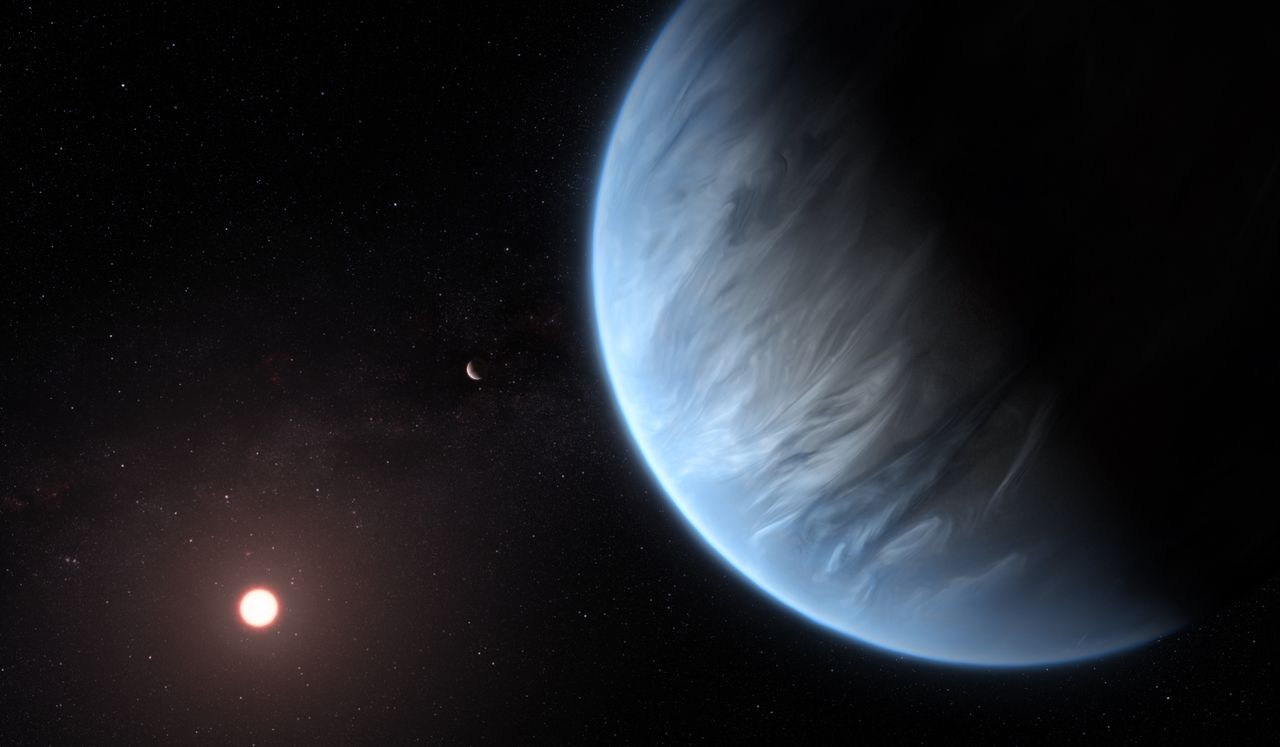Nearby super-Earth K2-18 b may be a water-rich ocean planet: 'This has certainly increased the chances of habitability'

Pioneering physicist Mary Gaillard's legacy inspires as new experiments challenge Einstein's quantum theories, pushing science forward.

All major sources, one page
Feel the mood behind headlines
Know what’s trending, globally
Get summaries. Save time
6,829
113
191
2 hours ago
Stay sharp in 60 seconds. Get concise summaries of today’s biggest stories — markets, tech, sports, and more
All major sources, one page
Feel the mood behind headlines
Know what’s trending, globally
Get summaries. Save time
6,829
113
191
2 hours ago
Stay sharp in 60 seconds. Get concise summaries of today’s biggest stories — markets, tech, sports, and more